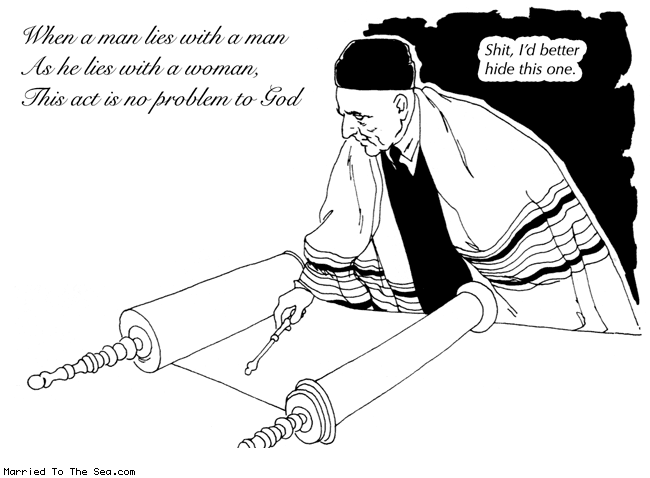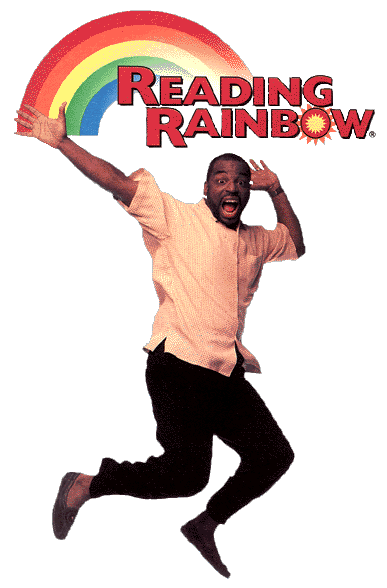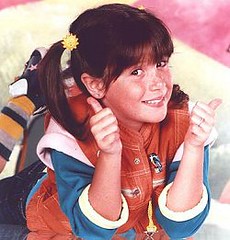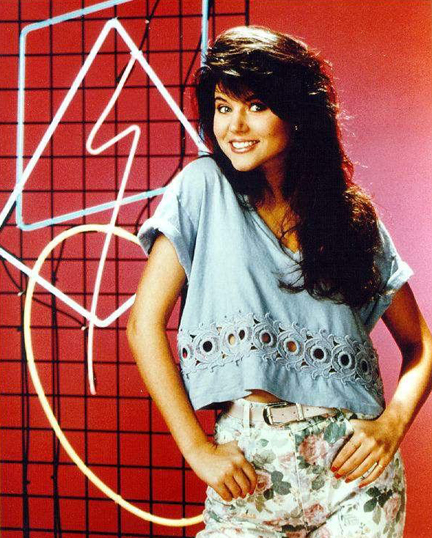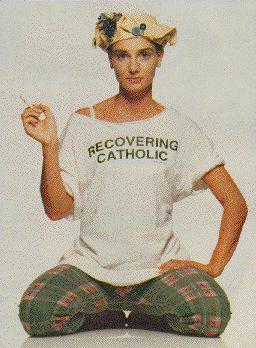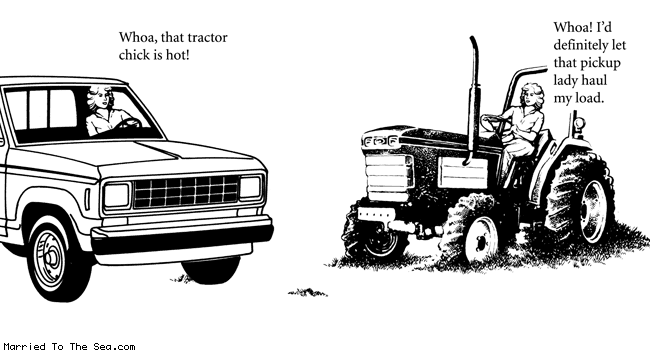Theology Not Apology
 May 14, 2008
May 14, 2008
It’s not at all surprising one of the recurring messages for GLBTQ Christians is that in being gay we’re creating a problem since something happens nearly everyday that gives that snarly little message another minute of air play.
In our families we hesitate in coming out to the people we love because we don’t want them to be upset. We worry about the burden it will be to them, the pain it will put them through, the conflicts it will create, and when we finally tell them we’re gay, we feel guilty at having been responsible in some way for their tears or anger; after all, if we’d never said anything, they would have been spared from it all. In our ongoing relationships with family and less than affirming Christian friends, we avoid revealing anything about our lives so as to not upset them further. While they talk easily about what’s going on in their lives, when it comes time for us to share what’s happening with us, we answer with a superficially-safe, “Oh no much, just more of the same-o same-o.”
We see what the issue of homosexuality is doing to the church. Christians on both sides are engaged in heated debates on the bible and homosexuality in their congregations, denominations, and right here on the internet. Mainstream denominations are threatening to splinter over the inclusion of GLBTQ people in the life and ministry of the church and the ordination of gays and lesbians. Straight pastors have been removed from their pastorates because they dared to preside at a gay wedding and other well-known personalities in the church world have been ostracized and ridiculed for voluntarily standing as GLBTQ allies and advocates in the church and society. As we celebrate those congregations that have declared themselves GLBTQ-welcoming and are grateful to our straight friends and allies who’ve paid a personal price, at the same time we carry a lingering sense of indebtedness to them and grief for all the fuss and bother our sexual orientation has brought to the church of Christ. We wonder whether we’re trying to push change too quickly and so we hesitate pursuing church leadership and avoid any physical contact with our partner within eye shot of the church building because it might be easier for everyone if we’re just a little less visible and vocal.
In these ways and others the message is reinforced that our sexual orientation is a major problem, responsible for division and tension in the church and stirring up pain and conflict in our families. We carry that voice inside ourselves and for some it becomes internalized and generalized to such an extent so that the problem is now no longer my sexual orientation but the problem is me. I’m a problem. I’m a problem to my family. I’m a problem to the church. I’m a problem to God. When we internalize the problem as ourselves then it’s understandable we find ourselves at times living as though we need to apologize for our very lives. “I’m here, I’m queer, I’m sorry.”
You are not a problem. That you are gay is not a problem. That you are gay does not even cause the problem. The problem does not belong to you. The problem is how others respond to us. The problem isn’t us but it belongs to those who respond to our full humanity as though it were a problem. No. That’s not even it. The real problem lies in all the erroneous teaching concerning the bible and homosexuality and the ignorant misinformation that’s been perpetuated about GLBTQ people over the decades. The problem resides in the church that already had a huge problem with the issue of sexuality long before we ever raised our gay voice. The problem lives outside us. The problem is not us. The problem is not you. I’m being repetitive here for a reason dear friend.
That the problem isn’t me or about me doesn’t mean I feel nothing in seeing the pain of those I love in my coming out to them, but rather than guilt or anger I feel compassion, recognizing that their pain comes from a lifetime of Christian teaching where exclusivity hides in the shadows of its doctrine and from those within Christianity who’ve used their public platform to promote fear and misinformation about gays and lesbians as a fund raising campaign and to seek conservative acclaim.
That the problem isn’t me or about me doesn’t mean I don’t appreciate the price that’s been paid by straight allies and friends. I’m deeply grateful and moved by the sacrifices I know have been made by so many but I hold that with knowing what they’ve chosen to do has nothing to do with me. In Micah 6:8 we’re called to be a justice people and so each time someone stands up for GLBTQ people that’s not something they’re doing for the sake of you or I, but something they’re doing for the sake of the Gospel. Just as you and I, as GLBTQ people are equally called to advocate for justice, not only for ourselves but for any and all who are marginalized and oppressed.
When talking one day about Christian ethics, a man I greatly admire said that “Everything we say and do says exactly what it is we believe about God. We live our theology.” Those words changed how I approach life. It’s the touchstone I constantly return to through the day, at least those days when I’m being intentional in life rather than moving through in a fog and a flurry. “What am I saying about God in the action I’m about to take or in the words I’m about to speak? What do I believe about God by this thing I’m holding in my heart; by this thought that I’m giving my attention?”
In claiming the wholeness of our lives as GLBTQ people and in particular GLBTQ people of faith we have nothing to apologize for, but rather we are declaring the theology of our hearts; that God is a creative God, a God of surprises, a God of radically ridiculous and extravagant love, a God who on occasion just can’t resist doing the most unpredictable things while working through the most unexpected people. A God of love, grace, and compassion. A God of those who are gay and straight and bi and trans and anyone that falls anywhere in the wildly creative spectrum of humanity.
In Gifted by Otherness![]() , M.R. Riley recalls of her own spiritual journey toward reconciliation,
, M.R. Riley recalls of her own spiritual journey toward reconciliation,
I was not convinced that I either had a problem or was a problem. I saw clearly that others had a problem with me, but their view seemed merely quaint and ignorant. To judge by the richness of my spiritual life, God did not have a problem with me. I believed then and believe now that I was born gay by the grace of God, and that God found this good, as God found all creation good.
Okay, I’m going to say it one more time. The message telling you that you’re a problem or that your sexuality is causing a problem is wrong. Wrong, so wrong, absolutely wrong. You have nothing to apologize for as a gay, lesbian, bisexual or trans person of God but everything about grace and wholeness to declare to a world that could use a double dose of both. And then some.
Word out.
